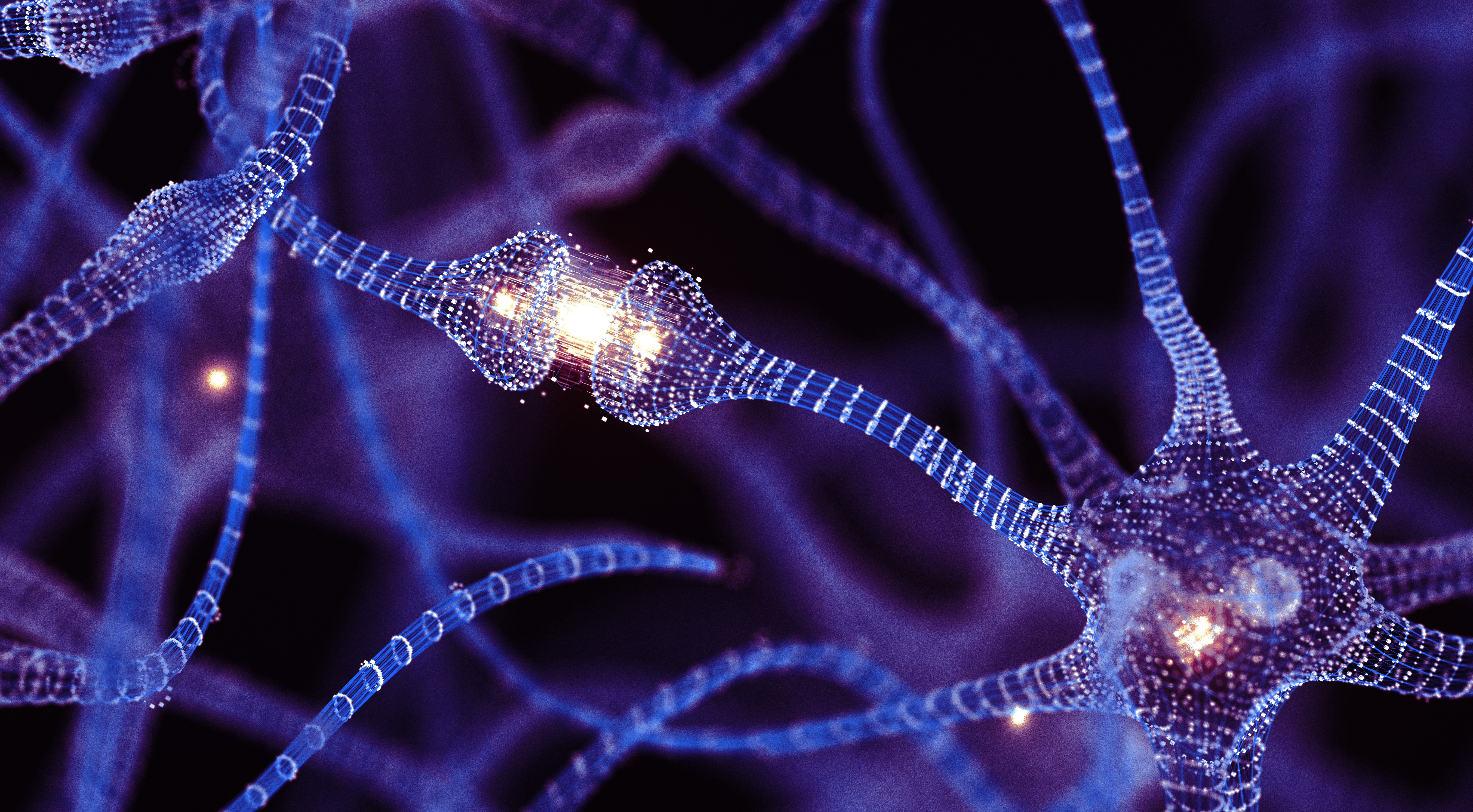- Get link
- X
- Other Apps
- Get link
- X
- Other Apps

Can Adults Really Grow New Brain Cells? A Groundbreaking Study Shakes Up Neuroscience
For decades, one of the most hotly debated topics in neuroscience has been whether adult human brains can generate new neurons. Now, a compelling new study published in the journal Science is adding significant weight to the argument that adult neurogenesis is indeed possible.
Researchers, led by Marta Paterlini at the Karolinska Institute in Stockholm, have presented what they believe is strong evidence that the human brain continues to produce new neurons well into adulthood. This neurogenesis, or the birth of new brain cells, primarily occurs in the hippocampus, a crucial brain region responsible for:
- Learning
- Memory
- Emotions
“In short, our work puts to rest the long-standing debate about whether adult human brains can grow new neurons,” Paterlini told Live Science.
The Significance of the Findings
While confirming adult neurogenesis may seem like a niche scientific victory, its implications are far-reaching. As Dr. Rajiv Ratan, CEO of the Burke Neurological Institute at Weill Cornell Medicine, who wasn't involved in the study, notes, "This is a perfect example of great science teeing up the ball for the clinical neuroscience community."
Here's why this discovery matters:
- Lifelong Learning: If our brains can create new cells, it opens new doors for understanding and enhancing lifelong learning abilities.
- Recovery from Injury: Neurogenesis may offer hope for improved recovery from brain injuries and neurological conditions.
- Neural Plasticity: The potential for neural plasticity, the brain’s ability to reorganize itself, could be significantly greater than previously thought.
How They Did It: Capitalizing on Cutting-Edge Technology
The research team employed advanced technologies to analyze brain tissue samples. These included:
- Single-nucleus RNA sequencing: Analyzing RNA, which reflects active genes within cells, provides insights into cellular activity.
- Machine Learning: Using artificial intelligence to process vast datasets and identify patterns.
These technologies allowed researchers to overcome previous challenges in obtaining and analyzing high-quality brain tissue samples from adult humans. As Paterlini explained, the way human tissue is handled after autopsies or surgeries can obscure the presence of newborn cells.
Key Findings from the Study
The researchers analyzed over 400,000 individual nuclei of hippocampus cells from 24 individuals, ranging in age from 0 to 78. They also examined 10 additional brains using different techniques.
Here are some key observations:
- Dividing precursor cells, the building blocks of new neurons, were found in the brains of children, teenagers, and adults.
- Using fluorescent tags and machine learning algorithms, the team identified cells poised to become neurogenic stem cells.
- Children’s brains produced more new brain cells than those of adolescents or adults, as expected.
- Nine out of 14 adult brains analyzed with one technique showed signs of neurogenesis, while 10 out of 10 adult brains analyzed with a second technique bore new cells.
What’s Next?
The next step is to investigate whether adult neurogenesis is linked to neurological diseases or a sign of good brain health. Dr. W. Taylor Kimberly, chief of neurocritical care at Massachusetts General Brigham, suggests comparing patients with dementia to "super agers" with remarkable cognitive resilience.
If a link between neurogenesis and disease can be established, it could pave the way for new treatments. "Once you detect them and learn about them and understand their regulation," Kimberly said, scientists can explore how to track the precursor cells through time and see how their presence relates to disease.
While therapeutic strategies are still being explored, the revelation that adult brains can sprout new neurons is a game-changer. It reshapes our understanding of lifelong learning, recovery from injury, and the untapped potential of neural plasticity. This groundbreaking study offers a beacon of hope and a roadmap for future research into the incredible adaptability of the human brain.
Tags: adult neurogenesis, new neurons, human brain, hippocampus, brain growth, memory, learning, neuroscience, stem cells, brain health
Source: https://www.livescience.com/health/neuroscience/can-adults-make-new-brain-cells-new-study-may-finally-settle-one-of-neurosciences-greatest-debates
adult neurogenesis
brain growth
brain health
hippocampus
human brain
learning
memory
neuroscience
new neurons
stem cells
- Get link
- X
- Other Apps
Comments
Post a Comment